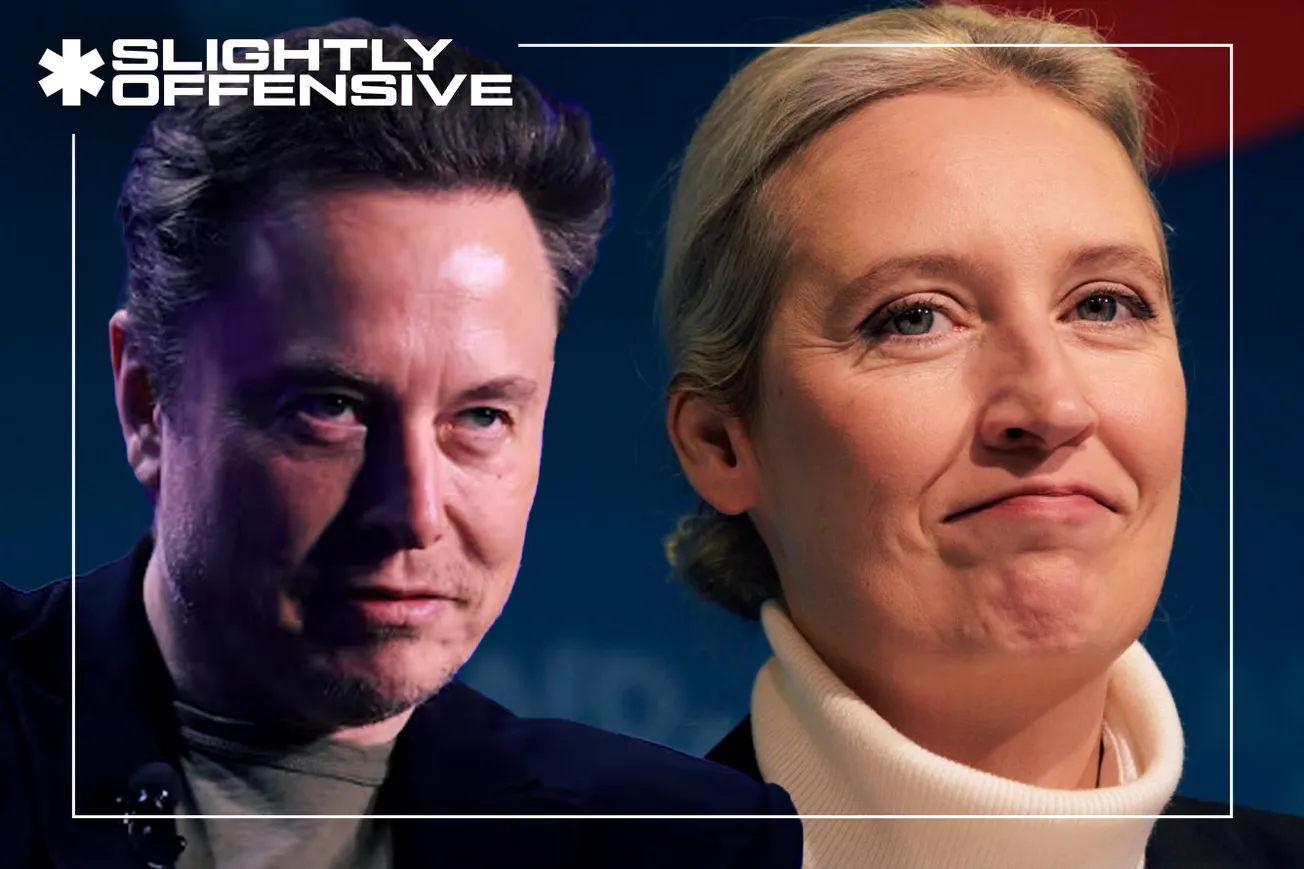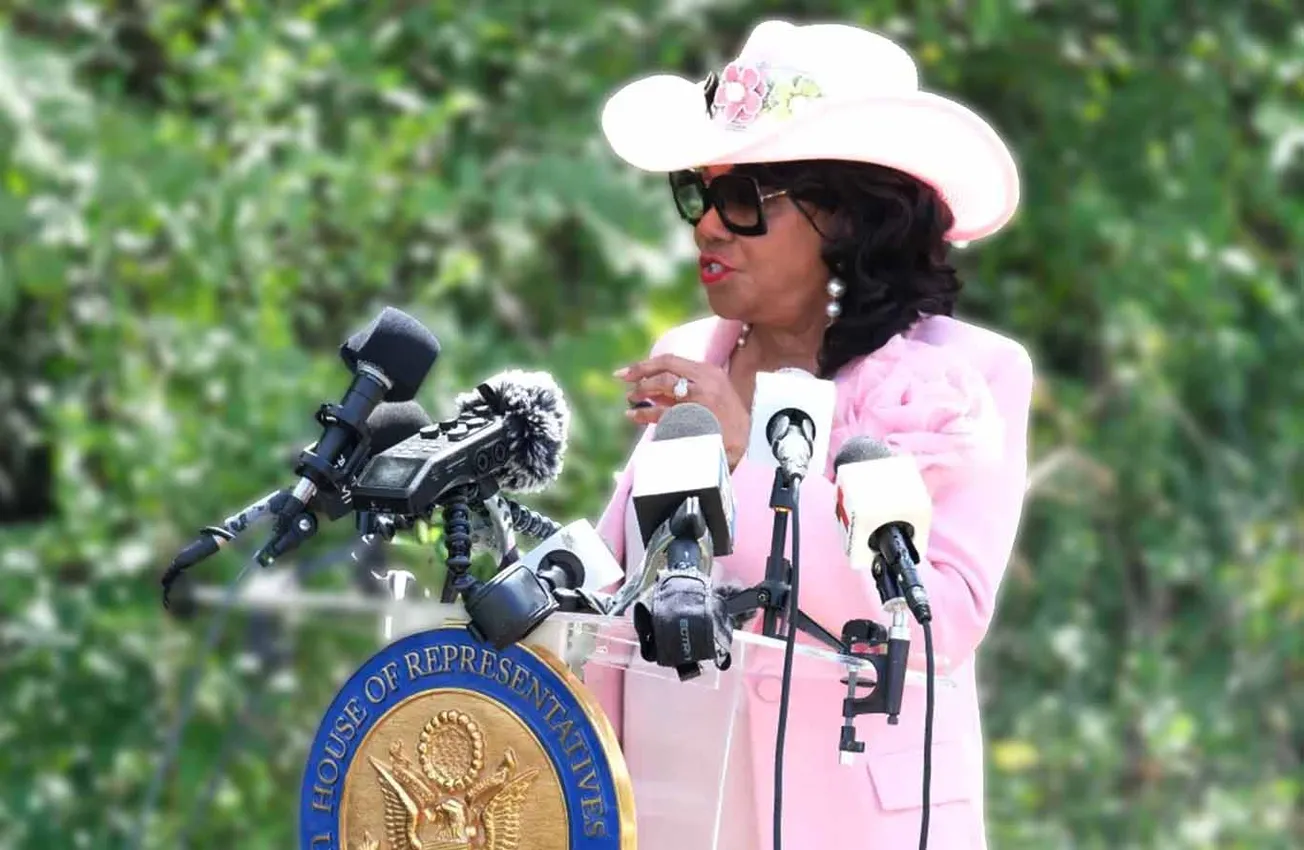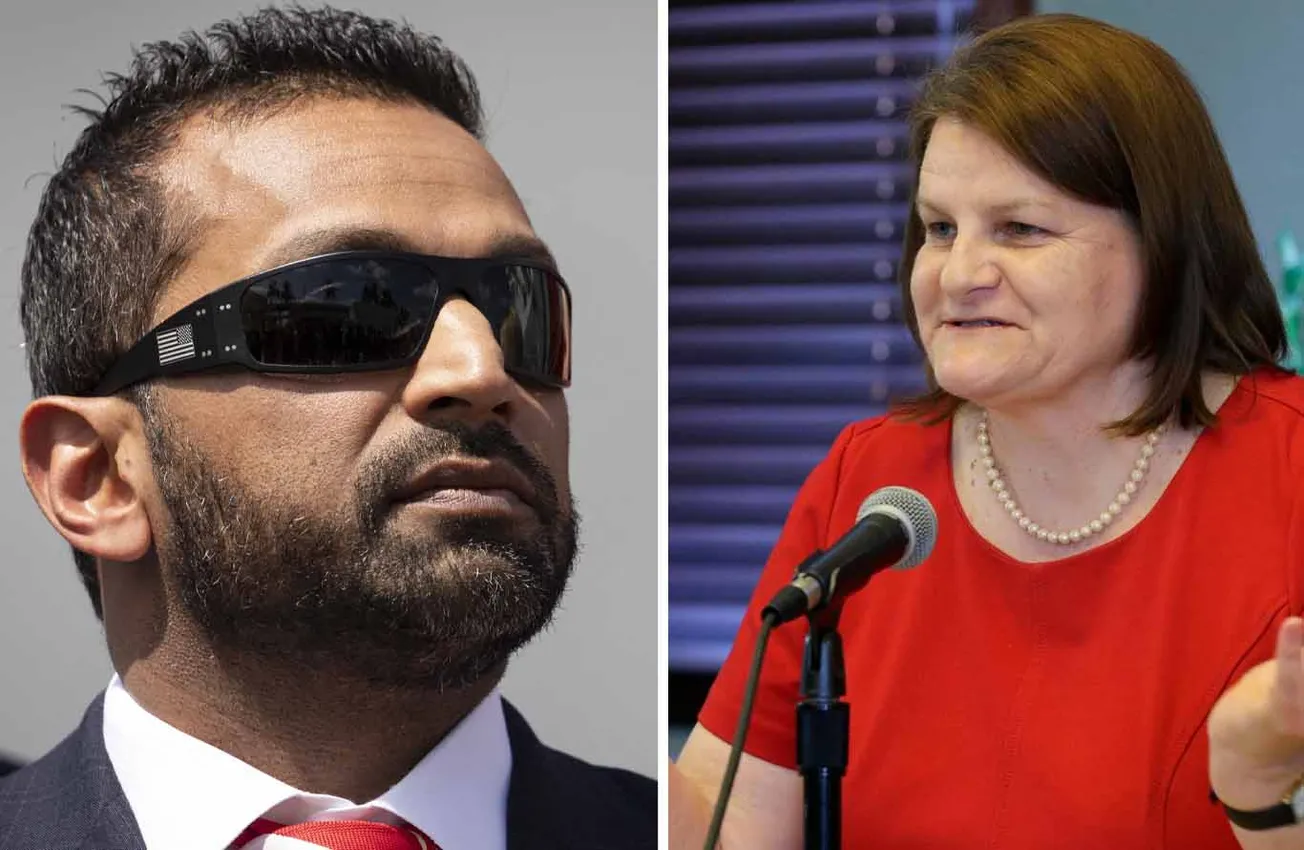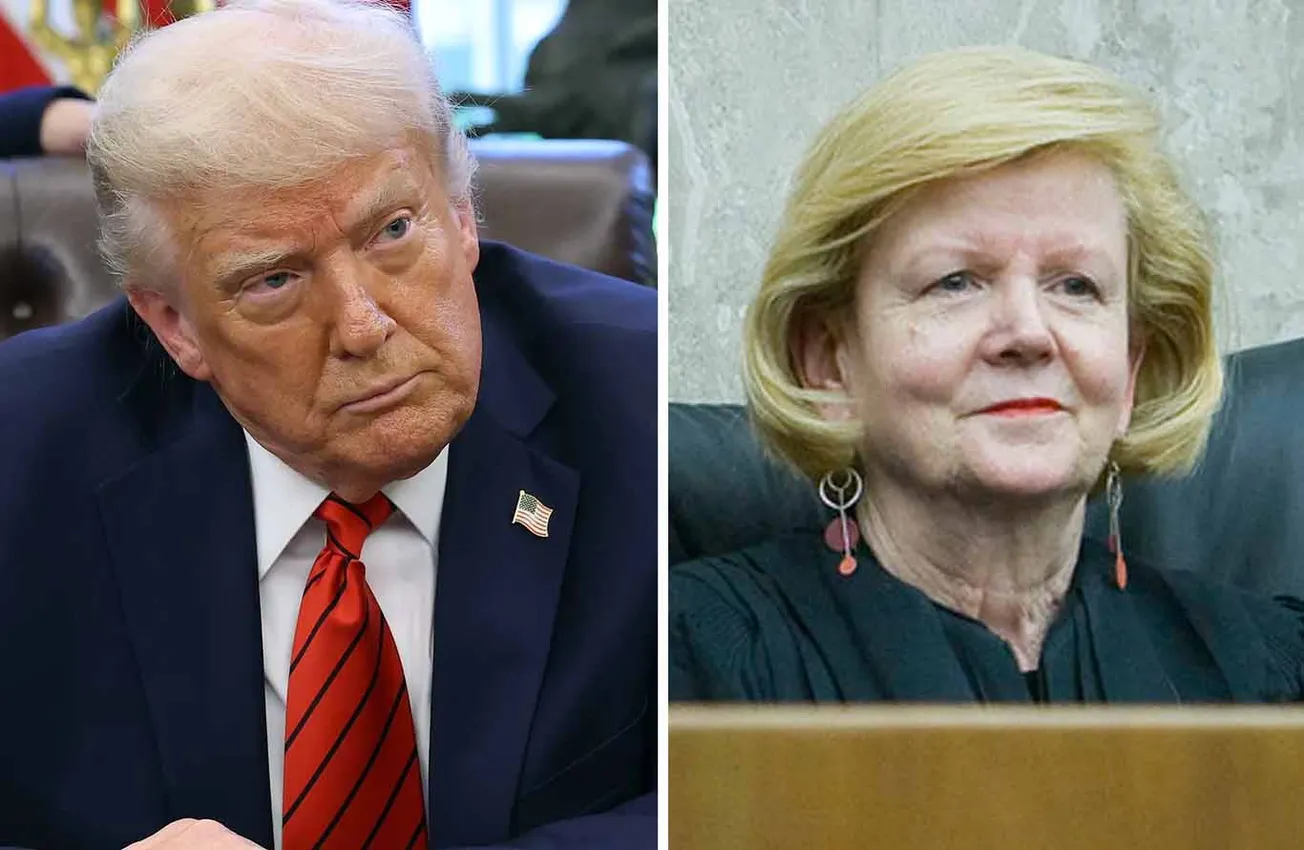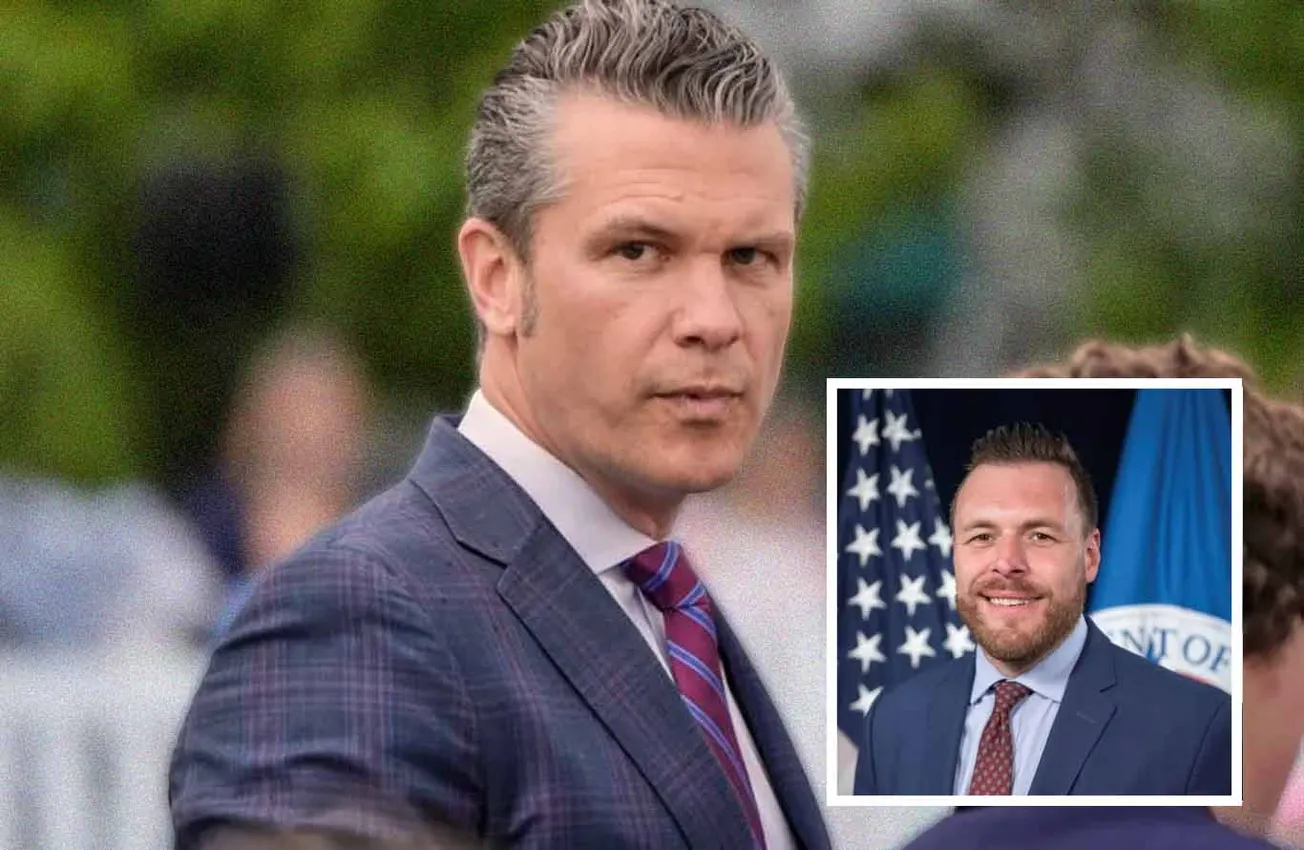Elon Musk’s live interview today with Alice Weidel, the chancellor candidate for Germany’s Alternative for Germany (AfD) party, wasn’t just another high-profile conversation—it was a pivotal moment for Germany’s political landscape and the broader global debate about free speech, sovereignty, and the role of tech platforms in shaping public discourse.
Musk’s decision to publicly align with the AfD, calling them the “last spark of hope for Germany,” has sent shockwaves through both political and media establishments. With Germany on the cusp of a pivotal election, Musk’s endorsement and his use of X to amplify the AfD’s platform have drawn both outrage from the left and quiet nods of approval from those tired of the status quo.
Discussion with @AfD leader and possible Chancellor of Germany @Alice_Weidel tomorrow https://t.co/Uhm2g1Fgzk
— Elon Musk (@elonmusk) January 8, 2025
The AfD: A Movement Born of Frustration
The Alternative for Germany didn’t rise out of nowhere—it was born from growing discontent among Germans who felt their voices were ignored by the political elite. From unchecked immigration policies to soaring energy prices fueled by unrealistic climate mandates, the AfD has positioned itself as the only party willing to stand up for ordinary Germans.
Musk’s alignment with the AfD isn’t surprising when you consider his disdain for government overreach and bureaucratic inefficiency. His willingness to challenge globalist narratives makes him a natural ally for a party that has long warned about the dangers of surrendering Germany’s sovereignty to the EU and unaccountable technocrats.
Freedom of Speech vs. Controlled Narratives
Musk’s ownership of X has redefined what free speech looks like on social media. Unlike other platforms that continue to bend to the demands of government censors, Musk has opened X to voices often silenced elsewhere. His decision to host Alice Weidel ahead of the German election reflects his commitment to fostering dialogue—no matter how controversial.
But this isn’t just about free speech; it’s about exposing the hypocrisy of those who claim to champion democracy while silencing dissent. Germany’s establishment has smeared the AfD for years, labeling them extremists to avoid engaging with their arguments. Musk’s platforming of Weidel forces these ideas into the open, where they can be debated rather than suppressed.
JUST IN - European Union will reportedly deploy up to 150 bureaucrats to monitor whether Elon Musk's live talk with German AfD leader Alice Weidel today complies with EU rules. pic.twitter.com/s9ESQv8JfO
— Disclose.tv (@disclosetv) January 9, 2025
The Establishment’s Fear
Germany’s political elite is panicking. From Chancellor Olaf Scholz to Vice Chancellor Robert Habeck, the message is clear: Musk has overstepped. But their protests ring hollow. Why? Because they know Musk’s endorsement of the AfD gives legitimacy to the frustrations of millions of Germans who feel abandoned by their government.
The timing of the interview, just weeks before a critical snap election, has further inflamed their fears. It’s one thing for the AfD to gain ground in polls—it’s another for their message to be broadcast to a global audience by one of the most influential figures in the world. Musk’s actions challenge the stranglehold the political and media elite have held over public opinion for decades.
The EU’s Overreach
Predictably, the European Union has jumped into the fray, with bureaucrats citing potential violations of the Digital Services Act. This is the same EU that claims to defend democracy while imposing fines and regulations on platforms that refuse to toe their ideological line.
Musk’s defiance of these pressures highlights a critical question: Who decides what ideas are acceptable? The EU’s aggressive attempts to control narratives, especially during elections, expose their fear of dissenting voices gaining traction. Musk’s actions—whether you agree with them or not—are a direct challenge to this overreach.
What This Means for Germany and Beyond
This interview is more than a conversation; it’s a moment of reckoning for Germany. Musk’s willingness to engage directly with the AfD is a wake-up call to politicians across Europe. It signals the end of an era where elites could dictate what the public is allowed to hear. For voters, it’s an opportunity to consider ideas that have been buried under years of slander and censorship.
For the AfD, this is a chance to present their vision to millions who might never have considered their platform. For Musk, it’s another step in his mission to break down barriers to free expression. And for Germany, it’s a reminder that the fight for sovereignty, freedom, and self-determination isn’t just a relic of the past—it’s the battle of our time.
Highlights from the Musk-Weidel Conversation on X
In their live conversation on X, Elon Musk and Alice Weidel tackled some of the most pressing issues facing Germany today, drawing parallels between German and American challenges. The discussion was wide-ranging, covering energy, immigration, education, and the erosion of law and order.
Revitalizing Germany’s Energy Grid
The conversation opened with a critical issue: Germany’s energy crisis. Musk and Weidel both emphasized the need for a shift back to nuclear power to address the nation’s unreliable and costly energy grid. Weidel criticized Germany’s dependency on renewables, arguing that nuclear energy is the only viable path to stabilize the grid and secure energy independence. Musk echoed her sentiment, highlighting how reliable energy sources are the foundation of a strong economy.
Immigration: A Crisis of Control
Immigration quickly became a focal point of the discussion. Weidel revealed a staggering statistic: nearly 60% of immigrants entering Germany discard their passports to exploit policies that prevent their deportation without identification. Musk compared this to the practices of undocumented aliens at the U.S.-Mexico border, where IDs are often discarded before crossing to avoid detection. Both criticized the lack of enforcement and the resulting strain on national resources and security.
Restoring Education Standards
Germany’s declining education system also came under fire. Weidel lamented that German schools are teaching “woke garbage,” such as gender ideology, at the expense of academic fundamentals. She criticized the recent abolition of writing standards and called for a return to a merit-based system that prioritizes real-world skills and intellectual rigor. Musk, a vocal critic of declining education standards globally, agreed that prioritizing merit and excellence is essential for national prosperity.
Law and Order: A Shared Struggle
The erosion of law enforcement was another point of connection. Weidel offered her condolences to Musk for the devastating wildfires in California before shifting the conversation to California’s infamous leniency on theft. Musk updated her on a recently passed proposition to resume prosecuting thieves, after years of policies that encouraged lawlessness. He went further, directly criticizing George Soros for funding campaigns to elect prosecutors who refuse to enforce the law, bypassing the democratic process to enact policy changes without legislative approval.
A Call to Action for Germany
The discussion concluded with Musk urging the German people to vote for the AfD, emphasizing that only bold leadership can “take their country back.” Weidel’s vision for a Germany focused on sovereignty, security, and merit resonated with Musk’s advocacy for free expression and accountability. Both made it clear that the stakes for Germany’s future are higher than ever.
This candid and unapologetic exchange highlighted the shared challenges facing Western nations and the importance of strong leadership to confront them head-on. Musk and Weidel’s dialogue not only underscored the urgency of these issues but also demonstrated the power of open platforms like X to elevate critical conversations.
A New Era of Political Discourse Elon Musk’s interview with Alice Weidel isn’t just an event—it’s a statement. It’s a declaration that free speech matters, that the people deserve to hear every side of the argument, and that no idea is too dangerous to discuss. Whether you agree with Musk or the AfD, one thing is certain: this moment will echo far beyond Germany’s borders.
The question now is whether the establishment will listen—or double down on the tactics that brought us here in the first place.
Please leave your opinions / comments on these stories below, we appreciate your perspective!
Sources:
- Politico Europe – Musk calls AfD the 'last spark of hope for Germany'
- AP News – German leader criticizes Musk’s endorsement of AfD
- Reuters – How Musk’s interview with AfD leader aligns with EU laws
- Time Magazine – Musk boosts Germany's far-right

